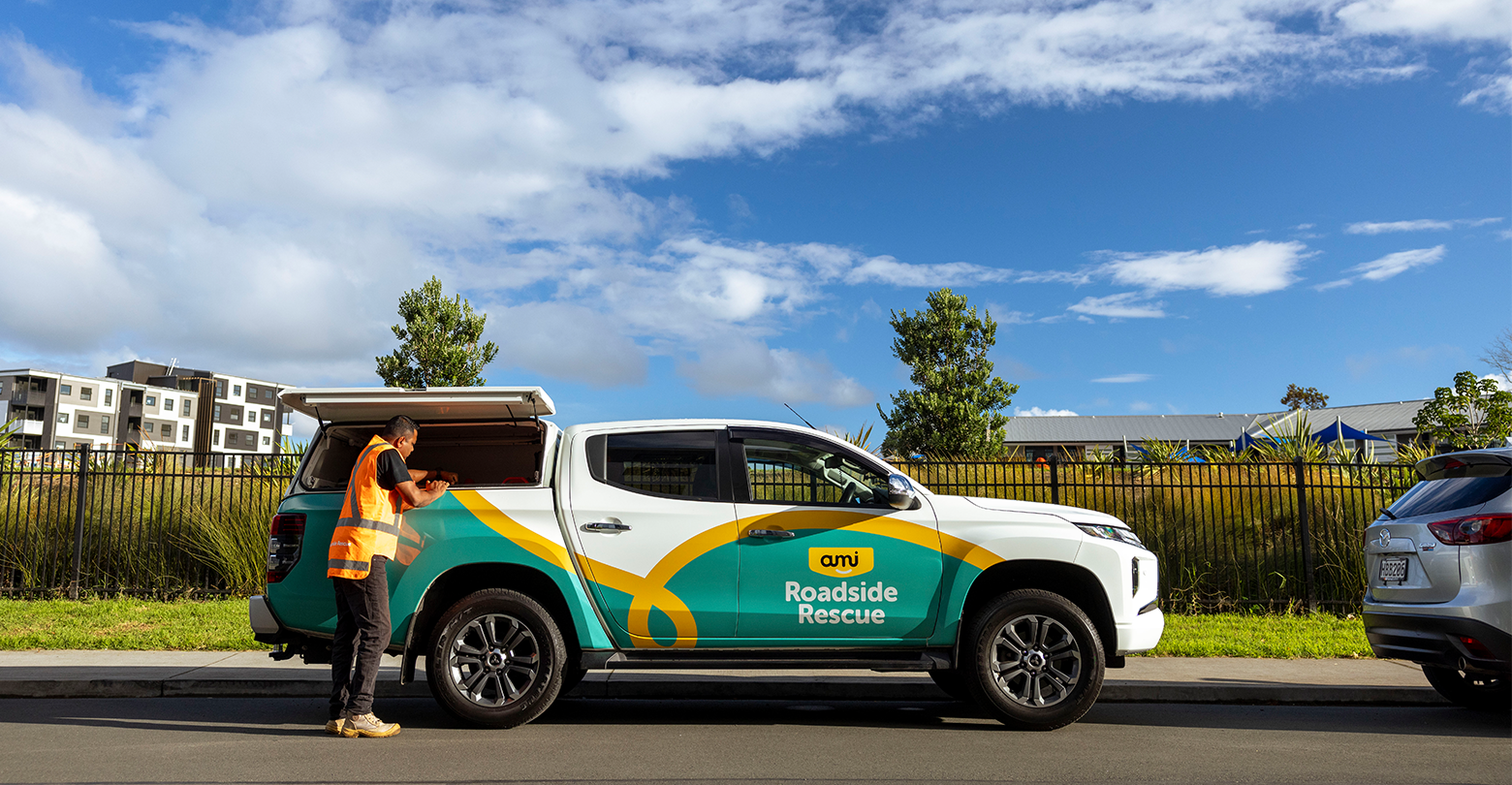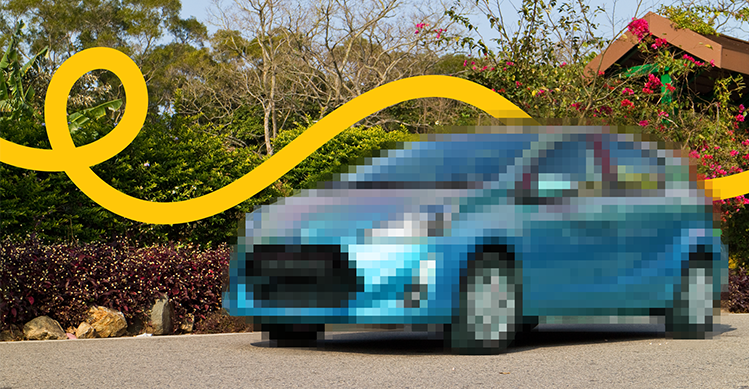If you've taken the leap and now own an EV, or you're in the market considering your next purchase, then this electric vehicle maintenance guide is a must read. We'll share some tips for maintaining your EV to keep it running efficiently and sustainably for years to come.
In the first instance, make sure you always consult the owner’s manual and official manufacturer resources for tailored maintenance instructions for your vehicle's make and model. Below are some general tips applicable to the majority of electric vehicles.
The heart of every electric vehicle is its battery pack, so it's important to understand how to take care of the battery. Here are a few tips to consider so you can extend the battery life and maintain the vehicle's performance:
Avoid frequent deep discharges: repeatedly discharging your EV to extremely low levels can put stress on the battery and reduce vehicle range or lead to a shortened battery life. Instead, aim to keep the battery's state of charge between 20% to 80%.
Regular charging habits: charge your EV regularly but avoid overcharging, as it can degrade the battery's lifespan. Most modern vehicles come with a built-in charging management system that will stop charging once the battery is full.
Temperature considerations: extreme temperatures can negatively impact battery performance and reduce your vehicles range. If you can, park your EV in the shade during hot days and avoid prolonged exposure to freezing temperatures whenever possible.
Caring for your tyres is an important part of maintaining any vehicle. For an electric vehicle, it not only enhances safety but also contributes to energy efficiency. Tyres can be a costly expense to replace, so it pays to take care of them.
Inflate tyres: make sure you keep tyres inflated to the vehicle manufacturer's recommended pressure levels. Underinflated tyres increase rolling resistance and can reduce the vehicle's range.
Rotate tyres: it's also important to regularly rotate your tyres and get wheel alignment checks to prevent uneven wear.
Many electric vehicles use regenerative braking or have the option to select one-pedal driving. Nevertheless, you will still need to use the brakes from time to time and maintaining your brakes for vehicle safety is extremely important.
Maintain brake fluid: maintain brake fluid levels and have the braking system flushed at regular intervals.
Replace brake pads: if you've owned your vehicle for a while or clocked up a number of kilometres, then it's wise to ask your service provider to check the brake pads and replace them if required.
Electric cars often have a cooling system for the battery and electric motors to regulate their temperature during operation. Proper cooling system maintenance is essential to avoid overheating and potential damage to the components.
Check coolant: have coolant levels checked regularly and topped up if necessary. Always ensure the manufacturer's recommended coolant is used.
Clean fans: clean radiators and fans are important to maintain optimal cooling efficiency, so have your vehicle maintenance provider check them at every service.
Like most new vehicles, your EV will benefit from regular manufacturer software updates. These can improve battery management, charging efficiency and overall vehicle performance. Keep informed of any software updates available for your vehicle's make and model and visit an authorised service centre for installation.
Here’s a quick recap:
Maintaining your electric vehicle is not as complex as it may seem, and your vehicle's service provider can help you keep things in check. With these practices in place, you can be confident that you will prolong the life of your EV, optimise its performance, and contribute to a greener future.
Now you’ve got your EV’s maintenance under control why not compare the different insurance options to cover your car? You can get a quote and buy online or alternatively call us on 0800 100 200.
This article is intended to provide general information only, and should not be substituted for any legal, financial, or other professional advice. The information in this article is generally sourced from third-party websites and IAG New Zealand Limited does not guarantee or accept any liability for the accuracy of that information. Any references to third party websites in this article are not intended to constitute a recommendation or any endorsement by IAG New Zealand Limited.


